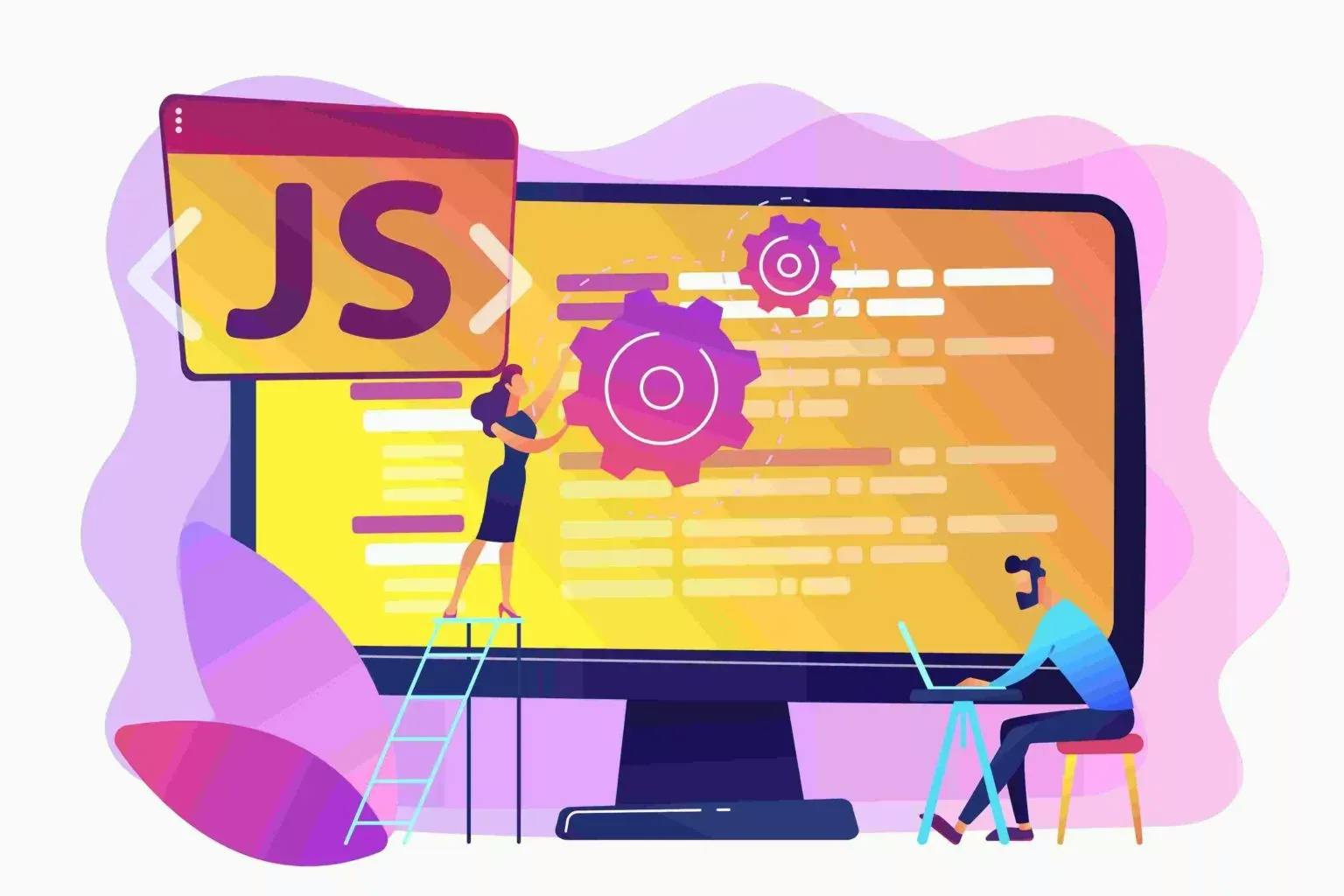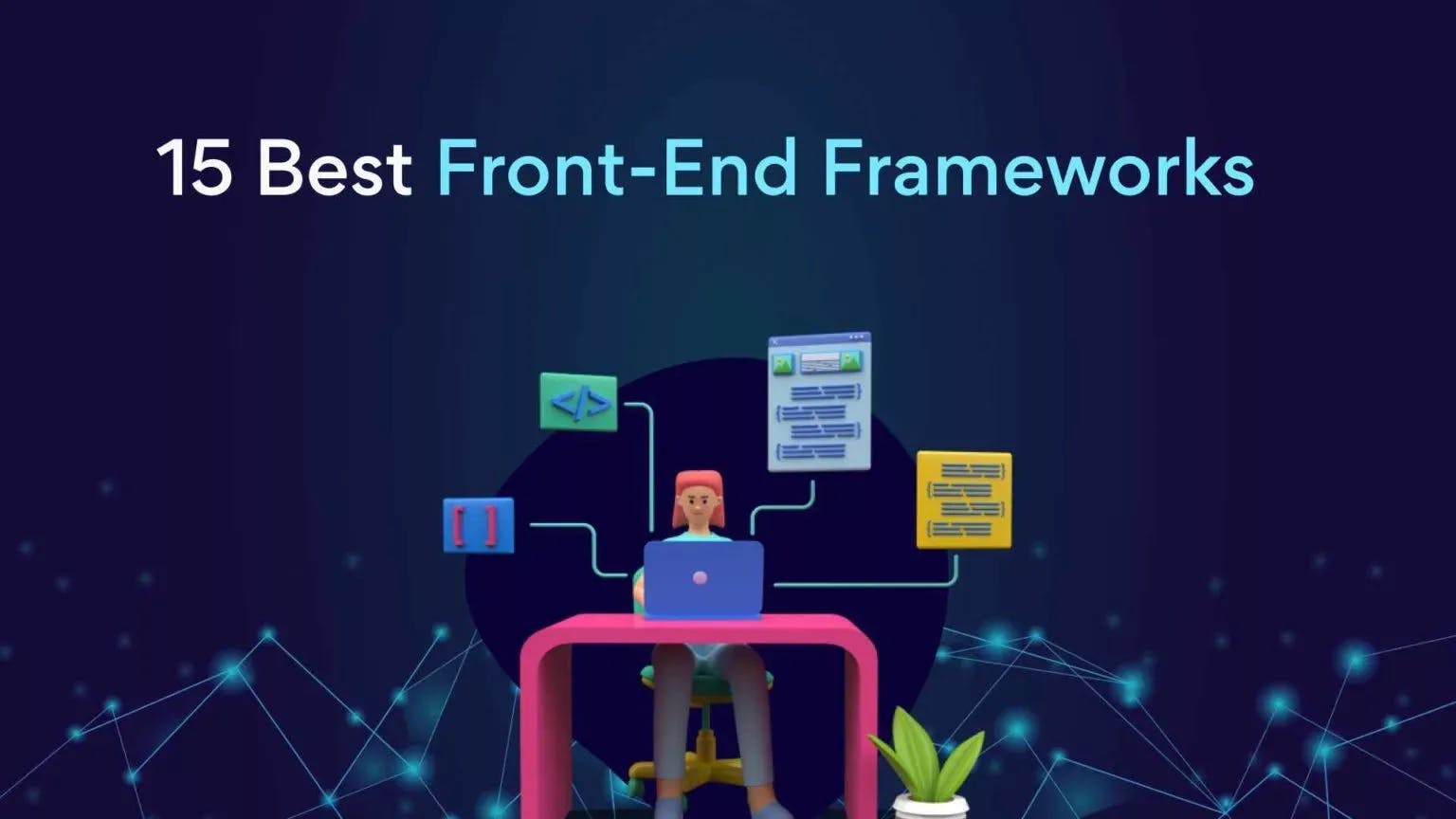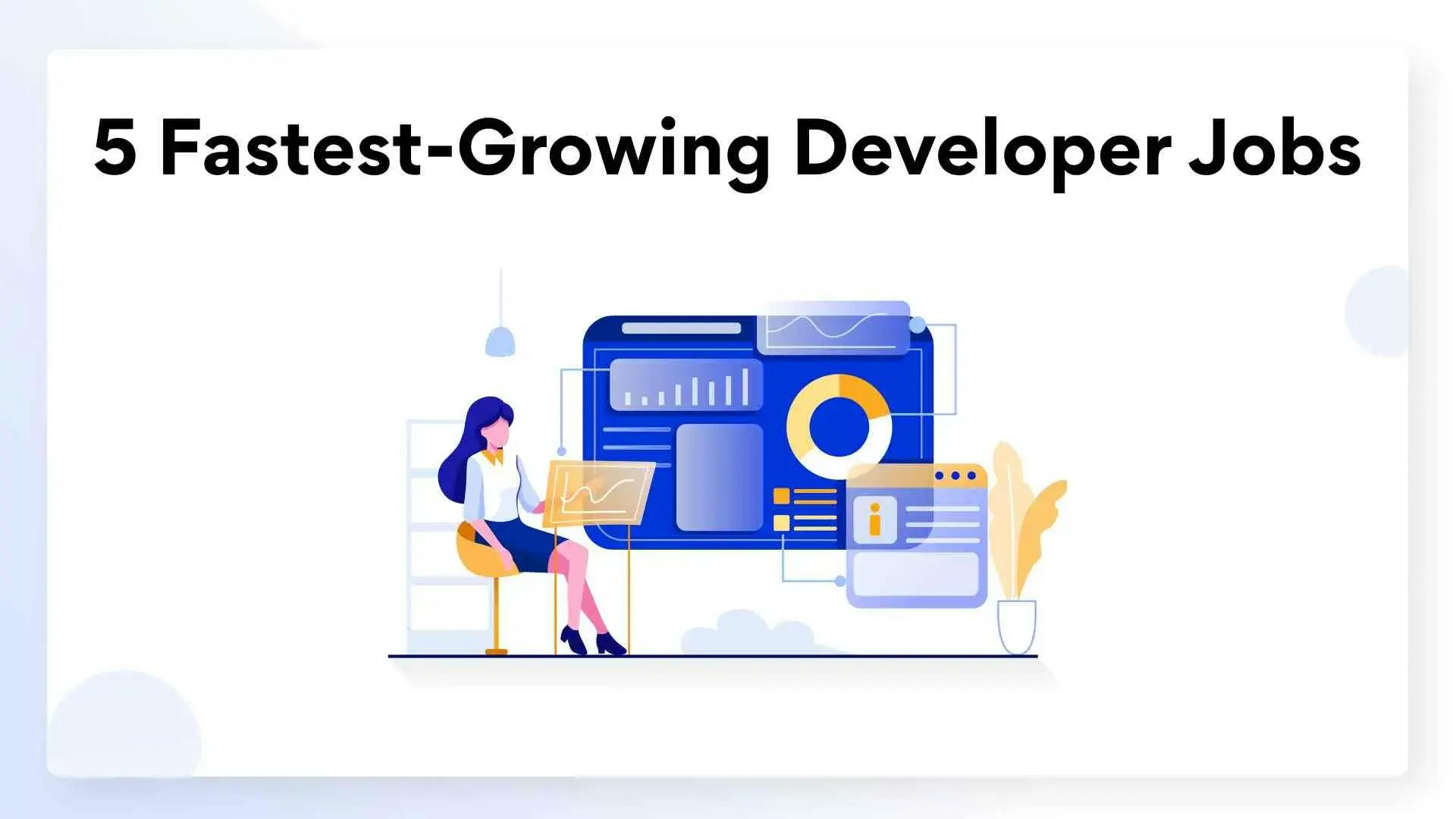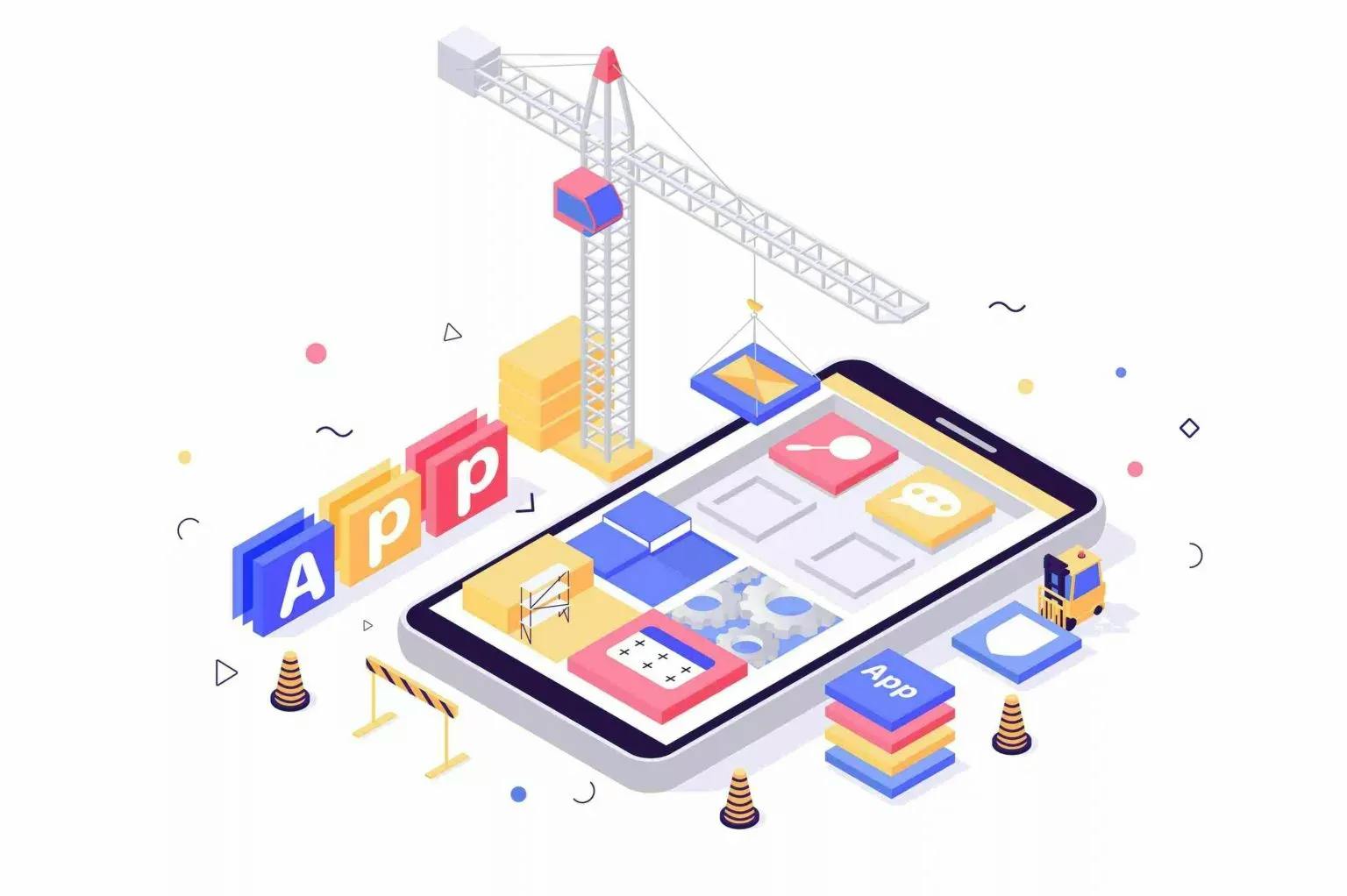Remote Microservices developer jobs
We, at Turing, are looking for talented remote microservices developers who will design and develop microservices/APIs using Node.js, Spring Boot, etc. for our U.S-based customers. Here’s your chance to accelerate your career by working with the best Silicon Valley companies from the comfort of your home.
Find remote software jobs with hundreds of Turing clients
Job description
Job responsibilities
- Design, develop and configure microservices software systems
- Maintain detailed functional and technical specifications
- Work with different project stakeholders to deliver required solutions
- Responsible for tasks like designing services, building complex code, etc.
Minimum requirements
- Bachelor’s/Master’s degree in computer science (or equivalent experience)
- 3+ years experience in relevant field (rare exceptions for super talented applicants)
- Strong understanding of microservices architecture
- Experience in functional language programming (JavaScript, Haskell, etc.)
- Knowledge of working with continuous integration and delivery framework
- Working knowledge of NoSQL databases like Cassandra
- Basic knowledge of DevOps best practices
Preferred skills
- Experience with tools and workflows such as Git, GitHub, Jenkins, etc.
- Familiarity with domain-driven design approach
- Experience with Docker orchestration and automated deployment tooling
- Experience working with Kubernetes, Docker, and Apache Kafka
- Fluency in English and effective collaboration skills
Interested in this job?
Apply to Turing today.
Why join Turing?
1Elite US Jobs
2Career Growth
3Developer success support
How to become a Turing developer?
Create your profile
Fill in your basic details - Name, location, skills, salary, & experience.
Take our tests and interviews
Solve questions and appear for technical interview.
Receive job offers
Get matched with the best US and Silicon Valley companies.
Start working on your dream job
Once you join Turing, you’ll never have to apply for another job.

How to become a microservices developer ?
Microservices developers are among the most sought after professionals in the IT market today, yet the competition for top jobs remains fierce. Microservices is one of the most preferred for developing complex applications, especially in a startup environment where time and budget are often limited. As an architecture, it is monolithic, i.e., it is not easy to maintain or change. This makes it easy to scale, replace, and modify. The developer first tackles larger systems and creates a framework, which is a set of services that communicate through a messaging system like REST over HTTP.
Given the increasing utilization and popularity of the microservices architecture and the increasing market demand for a microservices developer, one might wonder how to become a microservices developer. In this section, we will guide you through the structured approach, professional knowledge, and skills required to become one.
What is the scope of microservices development?
Most organizations seek to improve profitability, and it is in this context that serverless architecture will grow in popularity in the coming years. Many organizations have already embraced this architecture and many more are ready to follow suit. Most software developers assume that microservices will become the standard software architecture system in the future. Industry veterans like Amazon, Uber, Netflix, Spotify, Etsy, and many more are already using the microservice bandwagon. So the future scope of microservices looks bright.
What are the roles and responsibilities of a microservices developer?
The role of a microservices developer can include a variety of tasks. You may be asked to work on different frameworks, design the architecture, create tools as needed to get the job done, create websites, or publish new services. It also includes:
- Design and build role-centric solutions from traditional platforms to microservice architectures
- Define and review multichannel client architectures that provide differentiated end-user experiences using containers and cloud
technology - Work with an agile scrum-based team to understand the business domain and customer requirements, analyze, design and engineer and
develop high-quality technical solutions, and drive results. These solutions cover a wide range of technologies and must be aligned with
IT and business strategies and comply with company architecture and security standards. - Provide cost estimates for IT solutions business initiatives
- Maintain the latest knowledge of current and emerging technologies, trends, and industry standards
How to become a microservices developer?
Becoming a microservices developer is a growing demand and preference of all IT professionals these days. Becoming a microservices developer is not as difficult as it sounds. The most obvious way to start a career as a microservices developer is by taking college-level courses or a degree/diploma in computer science with fluency in microservices architecture. Good command over the microservices frameworks(Kafka, C++, .Net core, Docker, Kubernetes, etc.) and a previous development portfolio can help you to get a stable job opportunity.
Microservices developers can choose any of the roles and job domains based on their abilities. Microservices are used for testing, debugging, and DevOps, CI/CD, etc., and the developers are responsible for writing code, building architecture, integrating programs, and more. When you're confident in your skills, it might be a good idea to create a Microservices developer resume that showcases your skills and experience to your potential employers.
Now, let's look at the skills you'll need to master in order to become a successful microservices developer:
Interested in remote Microservices developer jobs?
Become a Turing developer!
Skills required to become a microservices developer
The first step is to start learning the important skills that can get you high-paying microservices developer jobs. Let’s have a look at what you need to know in order to become a Microservices developer!
1. Architecture knowledge
It is important to become familiar with common microservice patterns. Learning Spring Cloud is recommended because just by reading the Spring Clouds offerings and learning the modules, you will have a much better understanding of how things should be structured. Unless you are familiar with the standard patterns, you will try to solve problems that have already been solved and it is unlikely that you will choose the best solution.
Combining knowledge of a microservices framework like Spring Cloud and a good understanding of building microservices gives you a great start in the world of microservices.
2. Domain modelling
Even if you fully understand its architecture and patterns, it's still not that easy to have an expertise in microservices. Dividing responsibilities between different parts of the system can become very difficult very quickly. You must be good at domain modeling and understand how to assign responsibilities.
3. DevOps and containers
The idea behind successful microservices is to work the DevOps style. It means that you are taking control of the service from code writing to production deployment. Even if you are not the one implementing it, you should have an idea of what that implementation will look like. You should also invest time to develop expertise in working with containerization technologies like Docker and Kubernetes, etc. The good news is that you can install Docker on your computer, and it is a very useful tool!
Other technologies that you should know beyond containers are queues, messaging, databases, some clouds (AWS, Azure). No one becomes an expert overnight, developing expertise in such technologies will help you to scale your professional career with time.
4. Security
As you can imagine, securing many things is more difficult than securing just one thing. With microservices, security concerns are much more in the foreground than when working with monoliths. What specific security issues should you learn about? We recommend looking at popular single sign-on (SSO) implementations, especially OAuth2-related technology. Spring Cloud Security can specifically teach you some of the best practices and give you great ideas for implementing secure microservices.
5. Testing
One thing that can greatly affect your productivity and success is services that keep failing and don't honor their contracts. Because microservices are smaller and appear less legitimate or commercial than large monolithic applications, some developers neglect the testing.
Microservices are numerous ways to build robust, proven solutions, so don't pass this on just because it's non-trivial or unit testing doesn't seem like the solution. So what kind of suggested tests? Well here is the suggestion:
- Unit tests
- Service / API test
- End to End test and integration of system
6. Continuous integration
End-to-end testing is very crucial to implement changes. To ensure that everything works correctly in a microservices system, you must see that the microservices interact correctly with each other. You can only get this far when you test such complex systems in isolation. The best way to solve this problem is to establish continuous integration. When you merge your code with the master, you should automatically deploy it to an integration environment where multiple tests are running.
So no more manual deployment, set up Jenkins / TeamCity or whatever other CI tools you use, and get the most out of it! This point is partly an extension of the DevOps skill, but important enough to deserve a mention of its own!
7. Teamwork
Lastly, you must really embrace teamwork and learn to work with people. When you write a small part of a very large system, it is easier to isolate yourself. There is no such opportunity here! Multiple integration systems and a DevOps culture mean that you have to interact a lot with people.
Interested in remote Microservices developer jobs?
Become a Turing developer!
How to get remote microservices developer jobs?
Microservices are used to create larger and more complex applications that work together cohesively for richer functionality across the entire application and due to that, the demand for microservices developers is also surging. Apart from application development, microservices developers can benefit organizations in multiple ways by utilizing a variety of development features from microservice architecture. But they also have to work hard enough to reach that proficient level of software development. In this regard, there are two primary factors that developers need to focus on to achieve this level: hands-on experience in the microservices framework and proficient knowledge of utilizing the architecture. As a developer, it is important that you know how much to practice. So make sure to get effective microservices architecture and framework knowledge that can pass you through any development challenge!
Turing has the best remote microservices developer jobs that will suit your career as an engineer. Grow quickly by working on challenging technical and business problems using the latest technology. Join a network of the world's best developers and land long-term full-time jobs for remote developers with better compensation and career development.
Why become a microservices developer at Turing?
Elite US jobs
Long-term opportunities to work for amazing, mission-driven US companies with great compensation.
Career growth
Work on challenging technical and business problems using cutting-edge technology to accelerate your career growth.
Exclusive developer community
Join a worldwide community of elite software developers.
Once you join Turing, you’ll never have to apply for another job.
Turing's commitments are long-term and full-time. As one project draws to a close, our team gets to work identifying the next one for you in a matter of weeks.
Work from the comfort of your home
Turing allows you to work according to your convenience. We have flexible working hours and you can work for top US firms from the comfort of your home.
Great compensation
Working with top US corporations, Turing developers make more than the standard market pay in most nations.
How much does Turing pay their microservices developers?
At Turing, Microservices developers can work according to their own decided rate. However, Turing recommends/suggests you a salary where we know we can find you a stable and profitable long-term opportunity. Our recommendations are based on our evaluation of market conditions, individual skills, and the demand we see from our clients.
Frequently Asked Questions
Latest posts from Turing
Leadership
Equal Opportunity Policy
Explore remote developer jobs
Based on your skills
- React/Node
- React.js
- Node.js
- AWS
- JavaScript
- Python
- Python/React
- Typescript
- Java
- PostgreSQL
- React Native
- PHP
- PHP/Laravel
- Golang
- Ruby on Rails
- Angular
- Android
- iOS
- AI/ML
- Angular/Node
- Laravel
- MySQL
- ASP .NET
Based on your role
- Full-stack
- Back-end
- Front-end
- DevOps
- Mobile
- Data Engineer
- Business Analyst
- Data Scientist
- ML Scientist
- ML Engineer
Based on your career trajectory
- Software Engineer
- Software Developer
- Senior Engineer
- Software Architect
- Senior Architect
- Tech Lead Manager
- VP of Software Engineering











